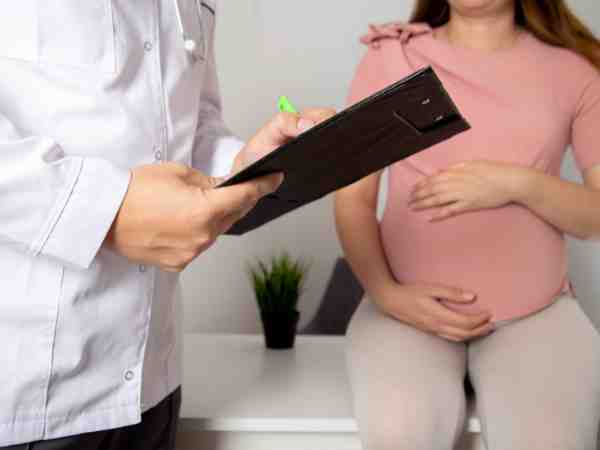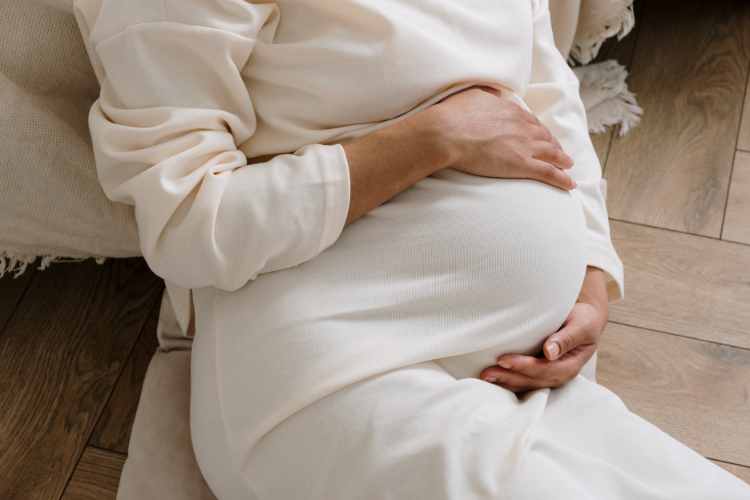All women are born with a finite number of eggs and no new eggs are produced throughout life. And the number of eggs decreases as per the increase in women’s age, thus making age an essential factor for female fertility and for achieving pregnancy. Therefore, the best age for a woman’s body to have a baby is considered between the late 20s to early 30s.
In this article, we have shared everything about the best age for your body to have a baby and the advantages and drawbacks of early and delayed childbearing.
The biological threshold for becoming a mother
According to experts, Women should have children between the ages of 19 and 30 as it is the ideal age to conceive. As a woman gets older, her fertility declines until she enters menopause i.e., the end of the reproductive age which starts at the range of 45 to 52 years old. The amount and quality of a woman’s eggs decline throughout time due to which getting pregnant becomes less likely as you become older.
Reasons for Delaying in Childbearing
Many women in their 20s and 30s don’t feel financially or emotionally prepared for motherhood or that they are mature enough to do it. The majority of women in this age group want to have children, but within 5 years, according to studies.
Many women sense the biological clock of pregnancy after turning 30 and believe that now is the ideal moment.
RELATED – Best age for baby: Learn About The Best Age To Have A Baby
Advantages of conceiving at the age of 30
The decision to get pregnant for the first time after turning 30 years old is one that more and more women are making presently was not opted for by women a few years ago. A few benefits of conceiving at the age of 30 are listed below and include:
- Possession of a home and financial stability.
- Relationship stability between the pair has improved.
- They believe they are more capable and mature than they formerly were.
- The couple is prepared to accept the birth of a kid as a new stage in their lives because they have had plenty of time to enjoy themselves alone.
Inconveniences of delaying pregnancy
Despite these benefits, pregnancy is riskier for older women, even if a woman is in her 40s and in good physical shape, her body is no longer capable of carrying a child for 7-9 months and giving birth.
Some of the issues you can run into if you wish to become a mother are listed below:
- Blood pressure risk or the possibility of getting diabetes.
- Difficulty getting pregnant because it may be harder or impossible to get pregnant on one’s own and one must use assisted reproductive procedures to do it.
- After the age of 37, deliveries are dangerous, more difficult, and painful as a lot of deliveries are by cesarean.
- The age of the mother also has an impact on the health of the unborn kid since as people age, genetic abnormalities in children become more prevalent.

Conceiving after crossing the age of 40
Pregnant women who are over 35 years old should likewise exercise extra caution as if a mother’s age is 35 years or more is regarded by the World Health Organisation (WHO) as a medium risk factor. Pregnancy after the age of 40 carries several dangers which include a Higher abortion rate, Preeclampsia-eclampsia, Hyperemesis gravidarum, Higher preterm labor rate, Placental abruption, Intrauterine growth restriction (IUGR), and Gestational diabetes.
When is a woman regarded to be in her advanced maternal years?
After 35 to 40 years of age, a woman biologically exhibits advanced maternal age and her ovarian reserve is significantly influenced by the passage of time.
Additionally, older women frequently produce eggs of lower quality and are more likely to be aneuploid. The main effect of this is an increased chance of miscarriage or genetically altered embryos, which would make uterine implantation more challenging.
Because of all the aforementioned reasons, Specialists advise fertility preservation if you do not want to become a mother in your early years but are planning to conceive in the future. As a result, the eggs can be preserved for a long time without losing quality by being frozen at low temperatures. These eggs will be defrosted and put through in vitro fertilization (IVF) when the woman is prepared to become a mother.
RELATED – Best Age for Circumcision Surgery: Know When Should You Get Circumcision Surgery
The Final Words
So overall, There is no perfect age to become a mother and each woman must choose the ideal time to conceive to realize her dream of becoming a mother. However, a woman can have a baby in her 20s and 30s and even into her 40s as well as her 50s, as long as she has good health and is free from any diseases.
At a later age, getting pregnant presents more of a challenge than actually carrying the pregnancy.

